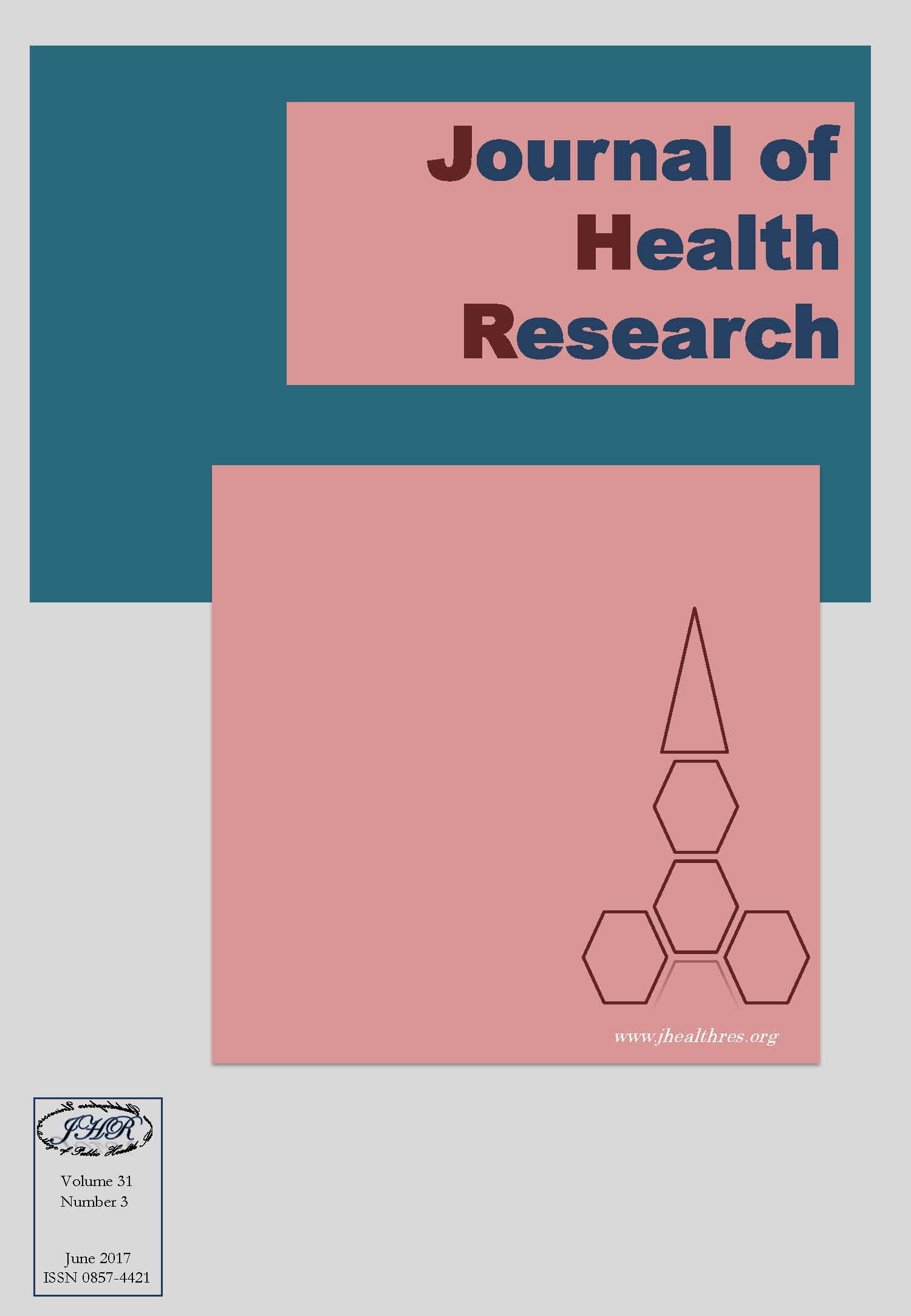The Effect of the Supportive Educative Nursing Program on Glycemic Control in Vietnamese Patients with Uncontrolled Type 2 Diabetes Mellitus: a Randomized Controlled Trial
Keywords:
Supportive educative nursing program, Glycemic control, Uncontrolled type 2 diabetes, VietnamAbstract
Background: The prevalence of uncontrolled diabetes has dramatically increased. Nursing interventions in this area are limited. This study was a randomized controlled trial design that aimed to test the effect of the supportive educative nursing program on glycemic control in Vietnamese patients with uncontrolled type 2 diabetes mellitus.
Methods: Eighty-four participants were randomly assigned to an experimental (n=41) and a control group (n=43). Participants in the experimental group received the supportive educative nursing program while the control group received routine care. The glycated hemoglobin (HbA1C) level was measured as an indication of glycemic control on day one, before implementation of the program, and at 3 months after, following program implementation. Descriptive statistics, the Chi-square test and the Fisher exact test were used to analyze the data.
Results: After 3 months of program implementation, the mean score of HbA1C level in the experimental group (Mean = 8.47%, SD = 1.27) was lower than that in the control group (Mean = 9.4%, SD = 1.36). Moreover, the proportion of glycemic control in the experimental group was significant higher than that in the control group (p<.02).
Conclusions: This finding suggests that a self-care education intervention can improve glycemic control level of Vietnamese patients with uncontrolled type 2 diabetes mellitus which leads to better quality of patients’ life.







